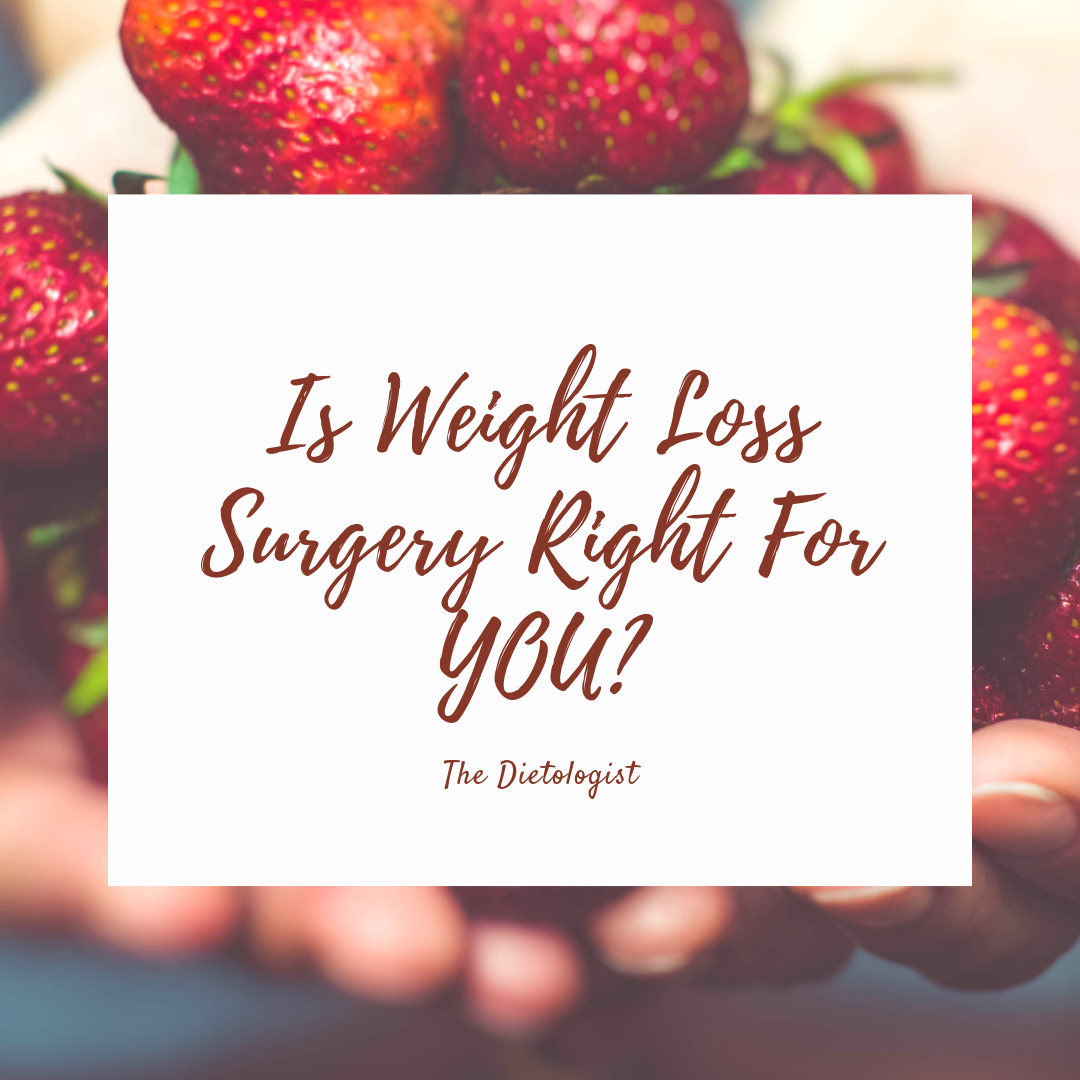MINDFUL VERSUS MINDLESS EATING
How we think about and consume our meals can have an enormous impact on our weight and relationship with food.

There are numerous instances that many people experience on a daily basis where mindless eating happens ie. food is eaten without thinking about it: reaching for snacks when sitting at a computer in the office, watching TV after a long day at work while eating packets of crisps or biscuits, grabbing something from the shop because you’re running late and haven’t had time to make breakfast or prepare a lunch, picking at leftovers from the children’s plates and even spontaneous decisions to buy a piece of cake with a coffee in the morning because it looks so good!
These are all examples of mindless eating - being distracted by thoughts, feelings and being triggered by the stresses of daily life can turn into unhealthy habits and lead to weight gain. When eating in a mindless way, we aren’t paying attention to the type of food and how much of it we are putting into our bodies, and regularly doing this can lead to extensive weight gain.
What is Mindful Eating?
Mindful eating is all about being in the present and focusing on your food and the task of eating, paying specific attention to preparing and consuming your food and being aware of your thoughts and feelings as you are doing so. Mindful eating also removes judgement - by focusing on your meal you are in control of what you are putting into your body.
The benefits of mindful eating is that it helps to identify unhealthy relationships and behaviour patterns that may have developed around food. For example, focusing on what you eat in the evening can help to identify the habit of eating to de-stress and soothe emotional upsets rather than to curb hunger. It also allows for the opportunity for you to be intentional and actually enjoy what you eat, feel satisfied at the end of a meal and reduce the risk of binge-eating.
How to Eat Mindfully
Think. Before eating, ask yourself some questions. Am I really hungry or is my body simply following a habit? Have I been stressed and am reaching for comfort food? Is the food that I am craving a healthy choice? Am I thirsty? Drink a glass of water and wait for a few minutes. Your body will tell you when it is hungry, particularly with signs of low energy, a rumbling stomach and your energy levels starting to dip.
Start small. Eating mindfully and really focusing on your relationship with food is often not a natural process, particularly if your unhealthy eating habits have developed over a number of years, and will take some time to readjust your mindset. Start with just one meal a day and really think about what you are doing as you are cooking and eating.
Put leftovers away before you eat. It’s common (and financially savvy) for leftovers from a large meal to be used the next day for lunch, but it is also tempting to go back for seconds if you can see it. Put the leftovers away in the fridge or freezer before you sit down to eat to avoid the temptation of consuming more.
Experiment with new recipes. The more you enjoy the food you cook, the more likely you are to want to eat it. Look through recipe books for tasty, healthy and nutritious meals with flavours that you know you already enjoy, and try some new ones too! Make them as colourful as possible to be as interesting for the eye as it is for the palette.
Be intentional and avoid distractions. Think about what you are doing as you are cooking, sit down at a table away from the TV, turn off the technology, take your time and chew slowly. Focus on the colours and flavours of the food as you are eating and put cutlery down in between bites. Enjoy being in your own company.
Create a routine. Eat at a set time and in the same place. Make it a habit.
Listen to your body. It takes the body about 20 minutes to realise when it is full, so by slowing down it is more likely that your body will tell you when it is full. When you’re full, stop.
Prepare in advance. Running behind schedule and being in a rush is likely to cause you to reach for some quick (and usually unhealthy) food to save time. Think about what meals you want to eat and where possible, prepare them in advance. Overnight oats can be prepared the night before and put in the fridge, ready for you to have a calm and intentional breakfast the next day. Slow cookers are a great way of preparing an evening meal simply by throwing a few things together and leaving it to cook for when you get home.
Mindful eating is a great way to develop a healthier relationship with food and help you in your weight loss journey. Want more ideas on how you can start eating more mindfully? Why don't you book a discovery call with The Dietologist.



